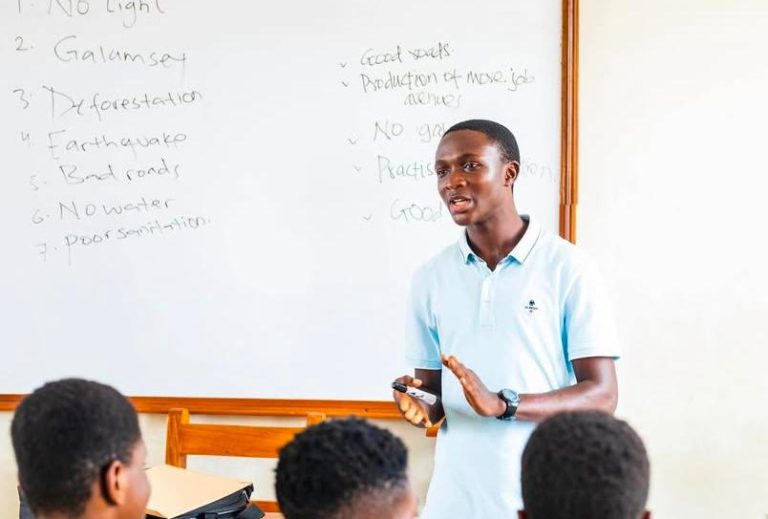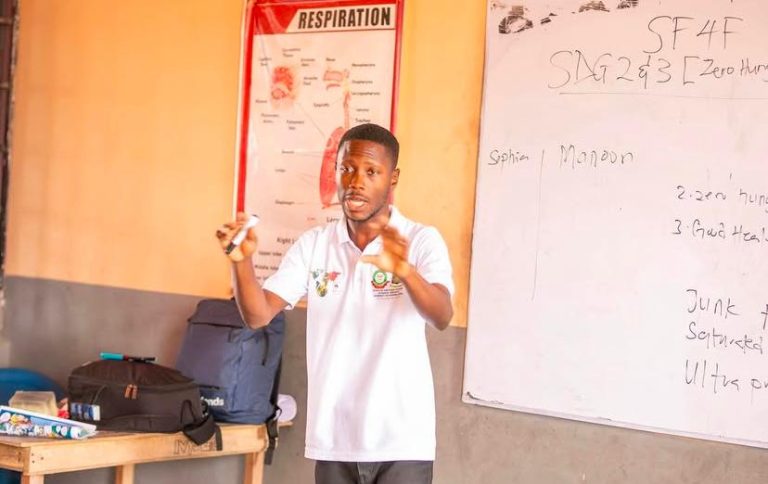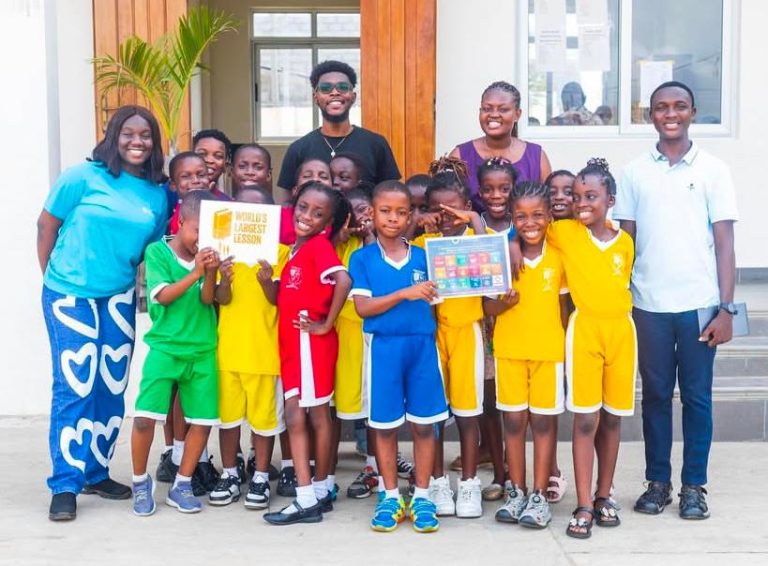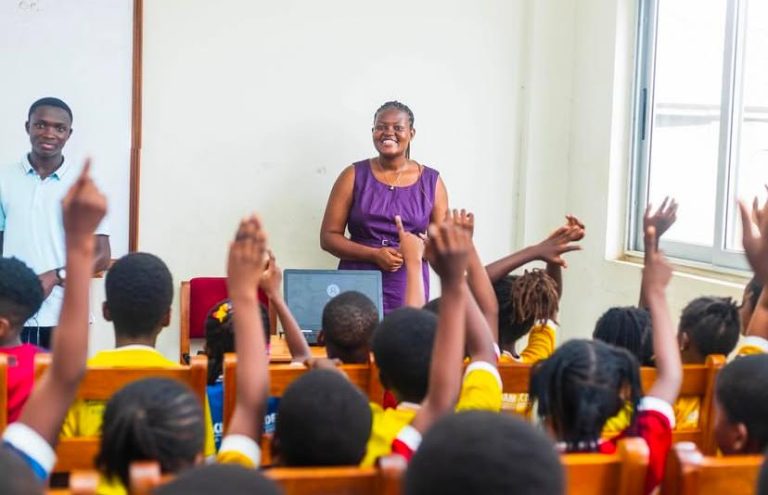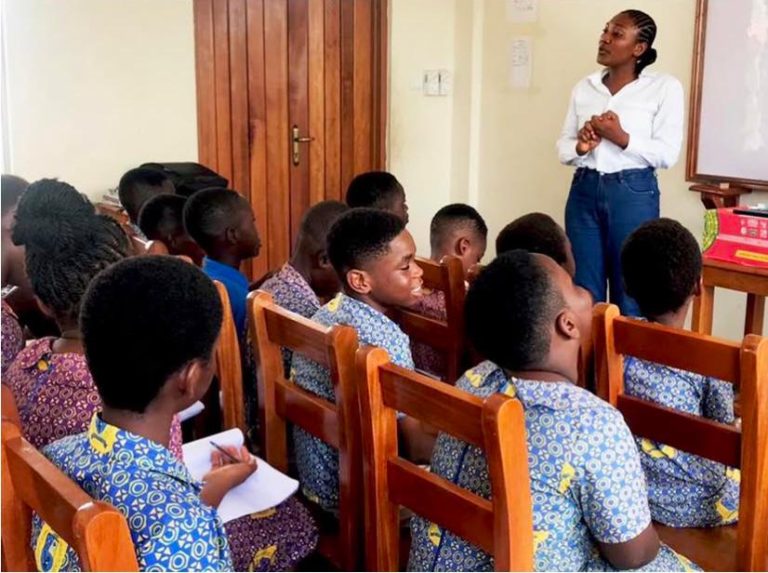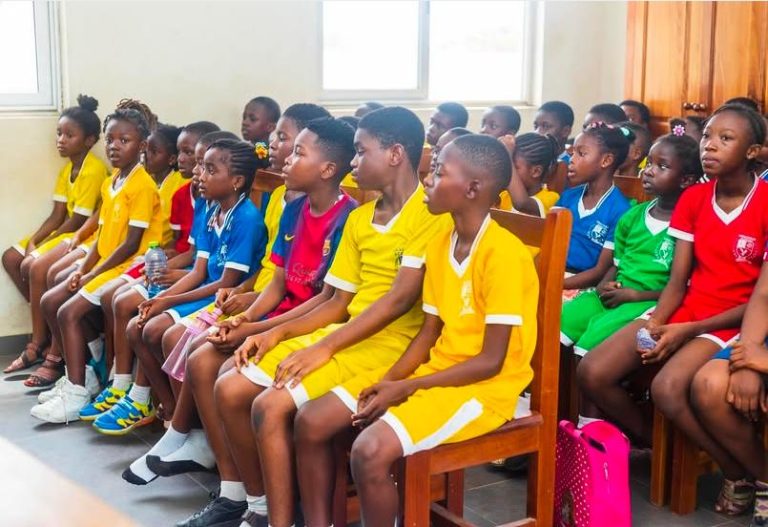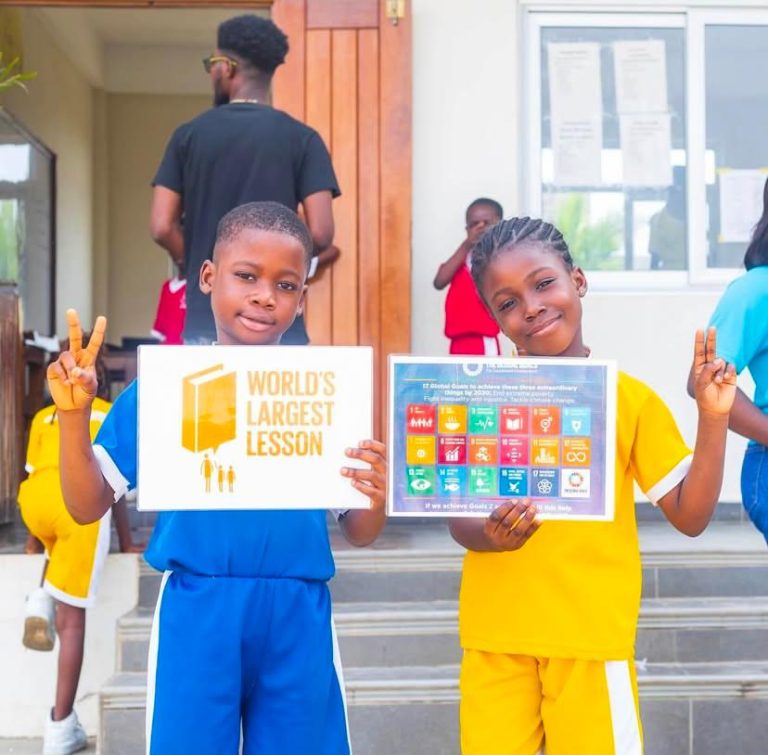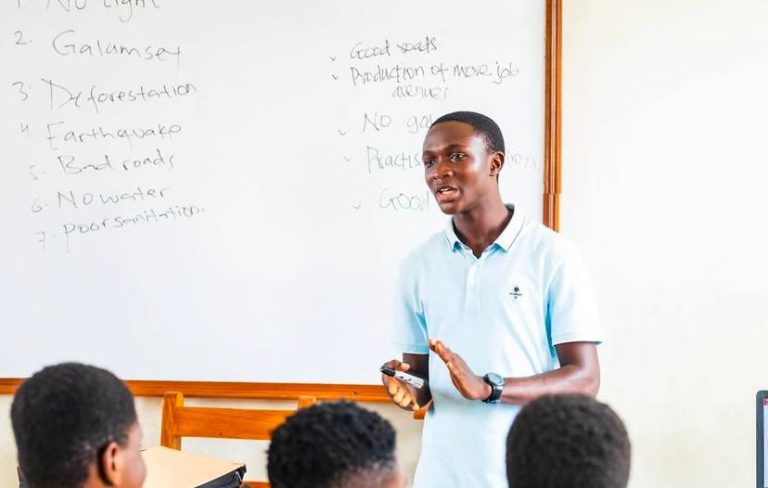Feeding Minds, Fueling Futures
73 million children go to school hungry. We’re working to change that—one meal, one child, one school at a time.
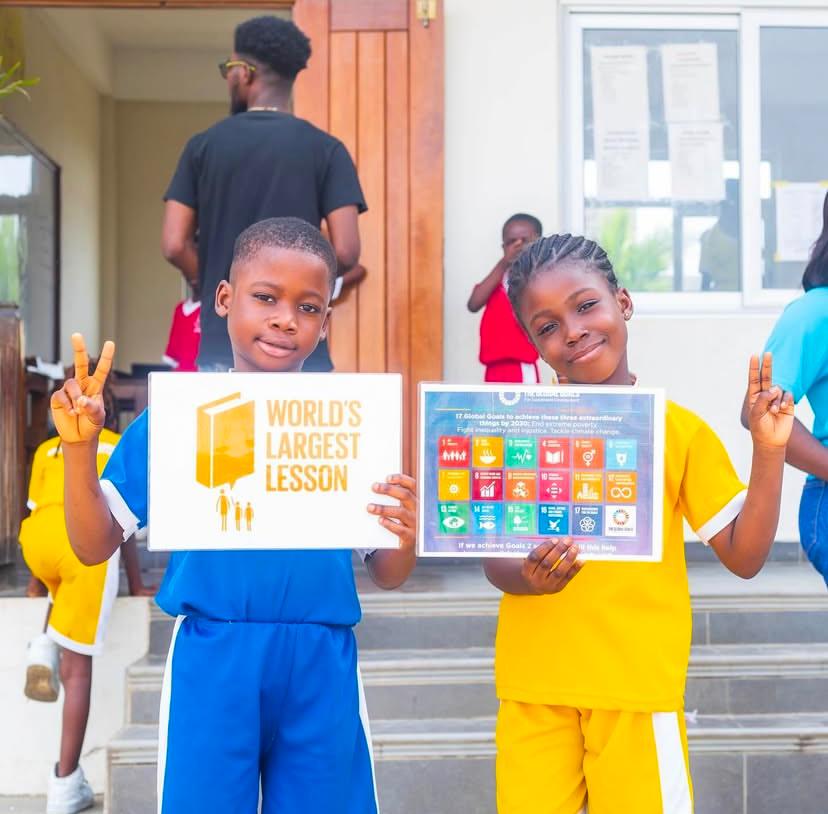
Why It Matters
The Problem We’re Tackling
Hunger, poverty, and poor education form a vicious cycle. Around the world, 73 million vulnerable children lack access to school meals, which directly affects their cognitive development, school attendance, and long-term opportunities. In Ghana, the Ghana School Feeding Programme (GSFP) is a powerful intervention—but it’s not without challenges.
We’re working to transform school meals into a strategic tool to reduce malnutrition, improve education, and build stronger local food systems.
Our Growing Impact
- 5 Local schools engaged
- 33% increase in national school meals budget after campaign
- 1st Plastic-Free School campaign launched
- 1000+ students educated on sustainable food and plastic-free practices
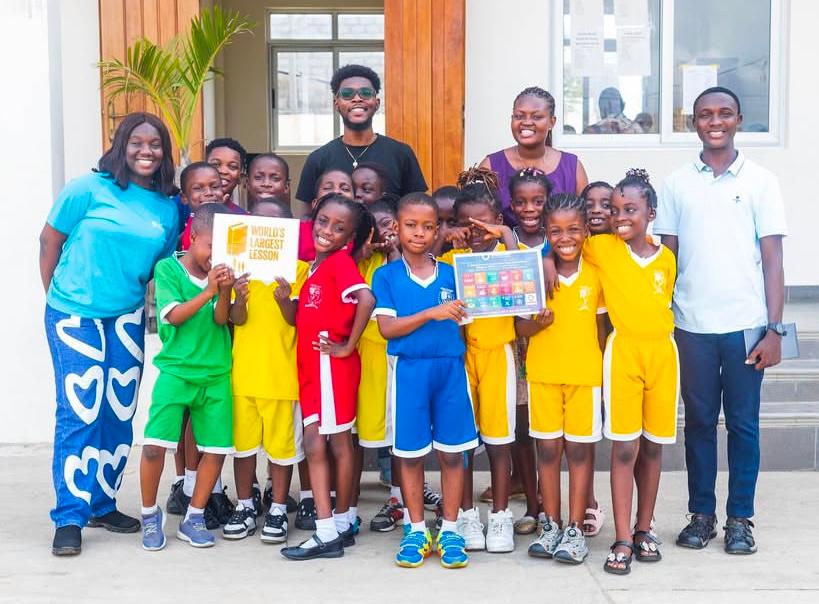
Pilot Project – Graceham Academy
Our First Innovation Site
We partnered with Graceham Academy to launch “Learning 4 Sustainability Engagement,” which integrates food system education and the @breakfreefromplastic curriculum. This project is set to make Graceham Academy Ghana’s first plastic-free school and a model for sustainable school culture.
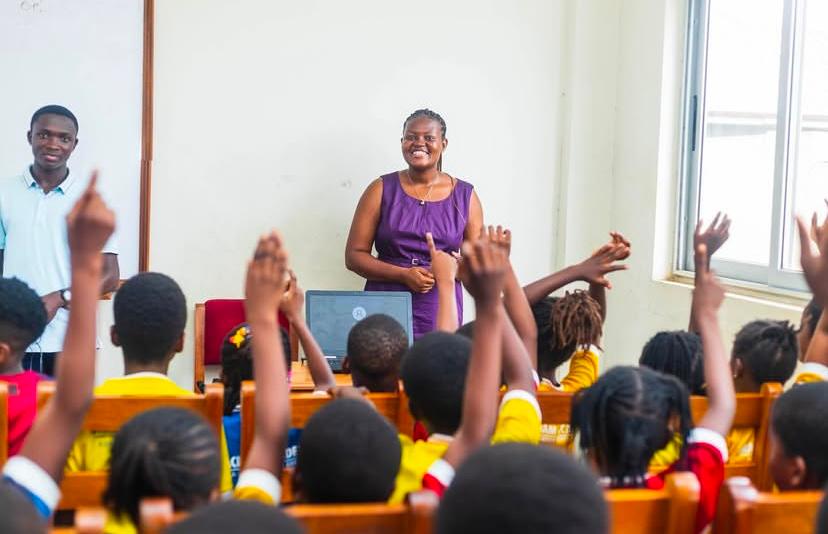
Challenges We Face
The Gaps We’re Working to Fix
- Underfunding and irregular payments to caterers
- Poor meal quality and irregular feeding days
- Lack of nutritious ingredients and local procurement
- Strikes and operational inefficiencies
Despite its potential, the current school feeding model in Ghana is struggling. Many children continue to go without meals due to chronic gaps in funding, food quality, and policy implementation.
We’re advocating for timely funding, higher per-child investments, and local sourcing to support our farmers and children alike.
Beyond Nutrition
More Than a Meal: School Feeding as a Game-Changer
School meals do more than satisfy hunger — they unlock opportunities. When children are nourished, they are healthier, learn better, and attend school more consistently. But the impact doesn’t stop at the school gate.
Effective school feeding programs create ripple effects across communities:
- Increased school attendance and retention, especially for children from low-income families.
- Economic empowerment for women and smallholder farmers through local food sourcing and school-based employment.
- Boosted local economies as school cooks, market women, and farmers benefit from steady demand.
- Healthier communities due to improved nutrition and reduced malnutrition among children.
Nutrition & Education
We improve school meal quality, especially with plant-based meals, to support cognitive and physical development
Advocacy & Policy Reform
We lead national conversations and campaigns to increase funding, improve standards, and support local farmers.
Sustainable Food Systems
Through pilot projects, we promote community involvement and local food sourcing to boost economic impact
Gallery
